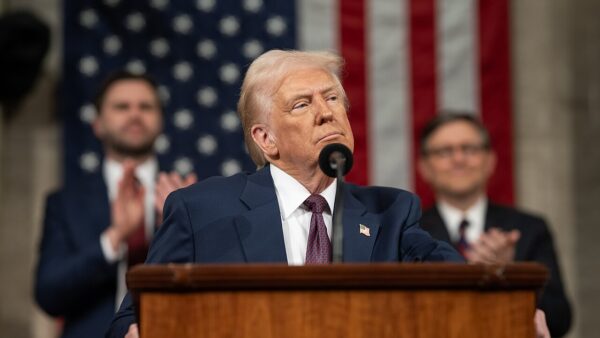China’s investment in the global football industry between 2014 and 2016 was greater than the rest of the world combined, according to a report by Beijing-based investment research company ThinkingLinking.
The company looked at 201 investments totalling €4.1bn over the past three years. This found that Chinese spending amounted to €2.2bn, some €1.9bn more than the second placed country, which was the US.
The influx of capital is likely to lead to ever more ambitious stadium construction projects in the West, and will add further fuel to the soccer boom in China’s domestic market.
Mark Dixon, head of the company’s SportsLinking team, said in a press statement: “Never has one country risen so fast in the league, nor left the others so far behind.” He added that the reason was that China “just decided to do it – both at the government and company level”.
The result is particularly striking given that China made no football-related international investments in 2014. The rise of China FC coincided with a fall in spending from other investors around the world, thereby reducing competition for clubs.
The money was spent on acquiring world famous clubs such as AC Milan, bought by Sino-Europe sports from Silvio Berlusconi in 2015 for €740m.
Never has one country risen so fast in the league, nor left the others so far behind
At the same time, star players are joining Chinese clubs while they are still in mid career: a recent report in the Telegraph listed Jackson Martinez, Ramires, Oscar and Alex Teixeira have all moved to the Chinese Super League for a combined total of $190m.
Pleasing the president
As GCR reported last year, China under its “football fanatic” president Xi Jinping, is determined to become a football superpower. The government said that its aim was to have more than 70,000 pitches available by 2020. At the end of 2013 it had about 10,000 in “quite good” condition, and there were a further 40,000 in schools.
The plan is to refurbish the school pitches make them available to the general population. A further 20,000 will be built from scratch.
The report comments that four main forces are driving China’s football ambitions. The first is to gain knowledge of how the football industry works in countries like Italy and the UK and make it available to the domestic sports sector.
The second is to gain the kind of status that comes from owning a football team.
The third is the “thrill factor”: football is riskier than many other investment options, but more engaging for investors who share their president’s enthusiasm. The report gives the example of brother and sister Dai Yongge and Dai Xiu Li, who acquired 75% of Reading Football Club 13 days before a play-off match for the UK premier league. If Reading had won, it would have brought hundreds of million pounds of revenue. It lost.
The fourth factor is “making President Xi happy”. Money spent on football is likely to be approved by the government, and will certainly curry favour with the Communist Party.
Â
ThinkingLinking’s findings were underlined by a report yesterday that a Chinese consortium was eyeing Newcastle United, recently promoted to the UK premier league. If this goes ahead the Magpies will join Reading FC and the cluster of West Midlands teams that have Chinese owners: West Brom, Aston Villa, Birmingham City, Wolverhampton Wanders. Chinese investors also hold 15% of Manchester City.
Other teams rumoured to be of interest to Chinese buyers include Southhampton and Crystal Palace in the UK and Parma in Spain.
Image: Manchester City’s Sergio Agüero took this picture with a “left” and “right” winger (Twitter)
Further reading:










